What We Do
FOCUS AREAS & INVESTMENT CRITERIA
DIGL will focus on areas where Nigeria has strong factor endowment in which it can become competitive along the global value chain. DIGL will invest in sectors or entities that meet its detailed investment criteria after a rigorous due diligence by the investment team and the Investment Advisory Council. The investment criteria will include:
- High investment returns
- Export potential
- Local value added and backward integration potentials
- Employment generation for local and Diaspora Nigerians

Based on the foregoing criteria, the Company will primarily invest in the following main areas below
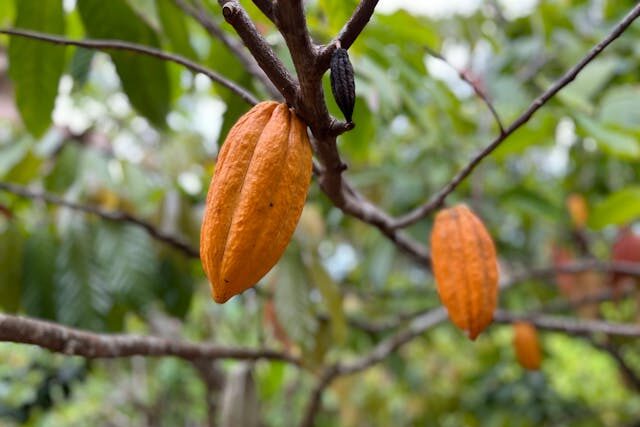
Agriculture
A strong agricultural sector is recognized as crucial to economic development both in its own right and to stimulate and support the growth of industry. Like in most emerging countries, agriculture remains the back bone of the Nigerian economy.
Typically, it is the largest source of employment, often two thirds or more of the population is dependant for its livelihood on farming. It is a well-known fact that Nigeria possesses comparative advantages in the production of certain agricultural commodities that can earn substantial foreign exchange.
Emerging problems which constrained the full realization of the potentials in the agricultural sector include: inadequacies in the supply and delivery of farm inputs, shortage of working capital, low level of technology, diseases and pest infestation, poor post-harvest processing and shortage technology, environmental hazards, labour and land use constraints. The present lack of adequate production of agricultural commodities to be used in feeding Nigeria as well as downstream production systems and beckoning exports, would therefore be gradually overcome by the projects being envisaged by DIGL. Local materials and manpower will be used in large quantities wherever possible to reduce costs.
DIGL’s intervention in the agricultural sector will focus in the area of processing of agricultural products for export. In this connection, the following commodities have been identified as suitable for initial investment:
- Cocoa – cocoa butter
- Oil palm –palm and kernel oil
- Rubber
- Cassava – pellets, starch, ethanol
Engagement in agricultural processing will by way of one or a combination of the following:
- acquisition of an existing or ailing processing plant,
- establishment of a new processing plants
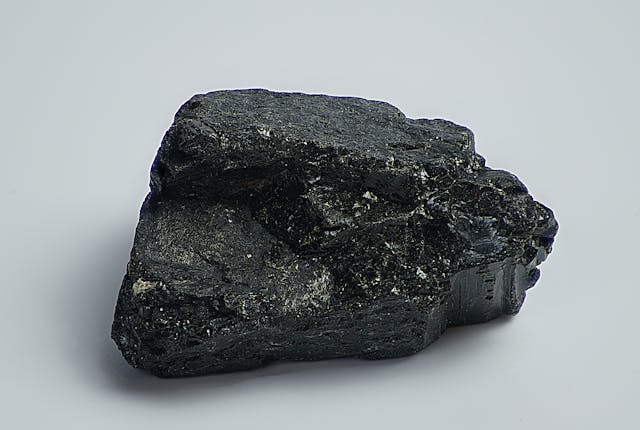
Mining
DIGL will explore and develop precious and base metal projects in Nigeria by acquiring exploration concessions with the potential for high grades and/or high tonnage minerals. It will explore and develop concessions to JORC compliant standard. Some of the minerals already identified include bentonite, barytes, gold and coal. Based on preliminary investigation, there is currently an existing demand for 50,000 tons per annum of bentonite by local oil and gas companies. Presently, there is no bentonite beneficiation plant in Nigeria. It has been proven experimentally that through the process of beneficiation, Nigerian Bentonite does meet the current API standard and is arguably, better than the Wyoming clay which is used all over the world. This has been demonstrated to and acknowledge by the scientific community as well as other stakeholders including the Society of Petroleum Engineers. This rare mineral is capable of generating significant revenue annually from exports in addition to creating thousands of jobs

Business & Technology Park
The plan is to develop a well serviced Business & Technology Park, complete with all season internal roads, shell of factory buildings, telecommunication services, warehouses, assembly plant buildings and other industrial support services. Prospective tenants can also specify what they want – size of land, type of building etc. Like any other industrial estate, the promoters will develop and aggressively market the estate to attract tenant companies into it. The only conditions being that such companies will be prepared to pair up will local firms in a joint venture, and Nigerian technical personnel will be trained on the job. Preference will be given to manufacturing firms that will transform local raw materials into consumables e.g. bentonite to drilling mud; and machine shops for local fabrication and maintenance. The Park will provide the following professional services, among others: Skills acquisition centre Project development and management consultancy Basic research and QA/QC services and controls Matchmaking between local and international prospective partners in the areas of available skills, personnel, raw materials source and application.
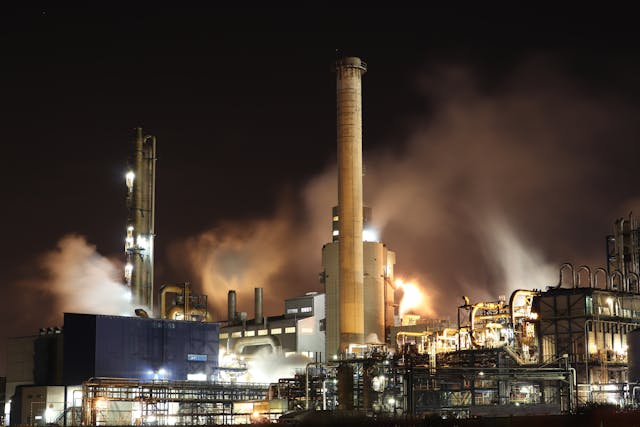
Oil & Gas
The specific projects that have been identified in this sector are:
A. Modular Refineries
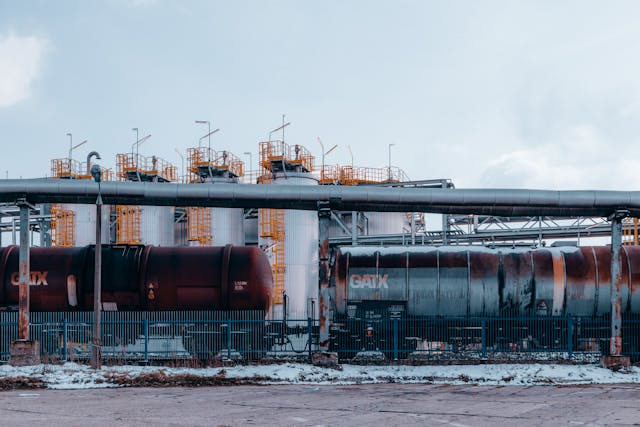
Modular refineries with a capacity of producing 6,000 barrels per day, and should be operational within twelve months from the date of approval of all the authorities involved. The modular refinery will produce four (4) main products namely, naphtha, kerosene, diesel and fuel oil. After an additional chemical treatment, the low octane gasoline turns into an A86 gasoline. All products produced will be according to EU standards.
Modular refineries have the following advantages:
- High economic efficiency and fast return on investment;
- Environmentally clean manufacturing process in compliance with European standards;
- Waste less technology in a closed processing cycle;
- High quality of oil processing end products;
- High degree of automatization and control on an ‘artificial intellect’ level;
- Small land occupation demand – the size of land required for a set-up with a capacity of a 200 tons/day is around 12 metres by 30 metres (360 sq.);
- Capability for a quick and easy construction and dismantling if needs be;
- Low labour costs – refinery can be run efficiently by 25 persons.
B. Compressed Natural Gas (CNG) Plants
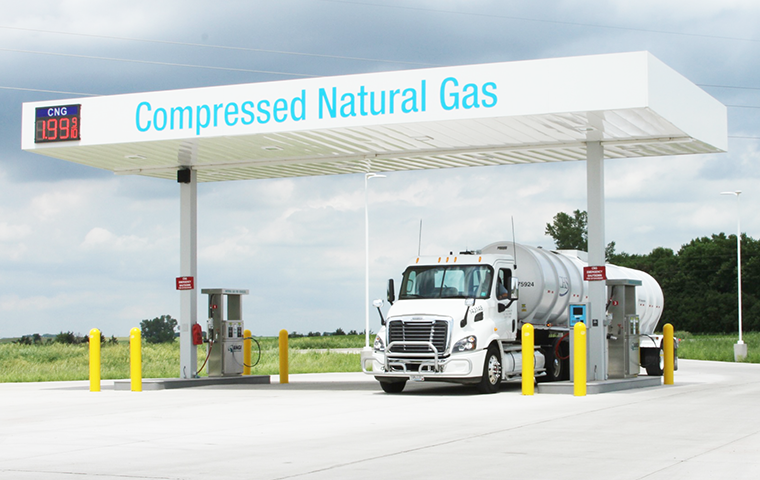
The establishment of Compressed Natural Gas (CNG) plants aimed at encouraging the utilization of natural gas in Nigerian vehicles. Given the rising prices of petroleum products especially petrol and diesel and the concern for the environment, it is envisaged that a greater percentage of vehicles in Nigeria will shift to the use of low emission fuel which makes for good air quality and health of the citizens. Considering the large number of vehicles in our urban areas which are spewing harmful exhaust emissions daily into the environment and causing serious pollution it is imperative to adopt another energy alternative to the existing transportation fuel which is already having a damaging effect on the health of the citizenry. Countries where similar situation exist has provoked stringent vehicle emission standards to control air pollution and stimulated research into alternative fuels and technologies that promise cleaner and lower emissions. Natural gas offers many advantages. There are vast indigenous reserves and it offers the benefit of import reductions and reductions in the national balance of payments deficit. The pricing is stable although tied to world parity oil pricing via domestic liquid fuel price. It produces the lowest levels of pollutants and greenhouse gas of all currently available fuels. It is cheaper to use than other fuels. Utilization of natural gas will help create new investment opportunities, new jobs and export markets. Natural gas vehicles offer significant fuel cost savings. For instance, an engine optimized for natural gas can produce up to 80% fewer hydrocarbons, 50% fewer nitrogen oxides, 53% less carbon monoxide and 28% less carbon dioxide than petrol. Unlike diesel, it emits virtually no particulate matter. It also produces no lead, no benzene, and no fuel vapours.
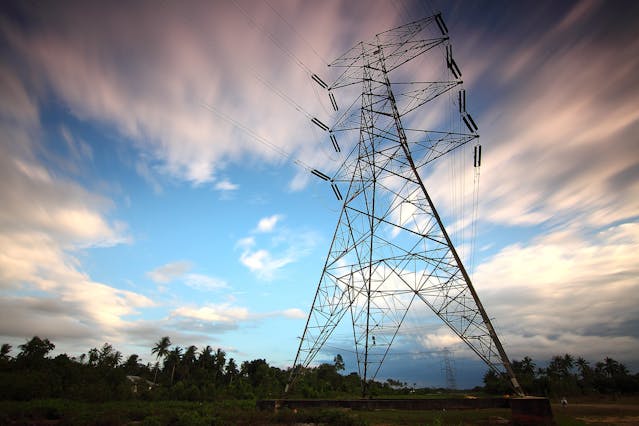
Power
DIGL’s intervention in the power sector will involve the use of wind and solar energy to generate and supply electricity to residential and industrial establishments.
About 1.3 billion of the world’s seven billion people have no access to energy, while another 2.7 billion are without clean cooking facilities, using coal and wood for domestic tasks, according to a study published recently by the International Energy Agency (IEA). In 2010, Nigeria had less than 5000 MW actual power generation capacity to serve a population of 150 million resulting in a per capita consumption of 137 kWh per person – 4 times less than the African average and 19 times less than the world average. Today, Nigeria has the biggest gap in the world between electricity demand and supply. In contrast, South Africa generates 40,000 megawatts for a population of 47 million, while Brazil generates 100,000 megawatts for its 201 million citizens.’ Despite having large reserves of natural gas that can fire thermal plants, the country’s electricity supply and service is among the world’s worst, with half of the population lacking access to the grid with and per capita consumption at just 3 % of that of South Africa, Nigeria’s rival for the continent’s biggest economy. The strategy would involve building energy farms based on renewable energy – wind and solar – to supply clusters of businesses and residents of the environs. It is acknowledged that individuals and corporate entities will continue to try to maintain some “independence’ in the provision of power for their use, it would be necessary to develop power solutions that would address that need, this time without the attendant cost of fuel (diesel or petrol) and risk of fire.
Portable solar power modules that can power single homes or large buildings will definitely be in great demand as electricity tariffs continue to rise. New building constructions would seek to install solar power modules from the outset in order to minimize power costs. An appropriate campaign involving builders and architects would help to shape the preferences towards the installation of solar power systems in new buildings. As part of this strategy, DIGL will engage in:
- Procuring sites for the establishment of “energy farms” in suitable locations for the generation and sales of electricity to bulk buyers.
- Maintaining strong marketing, installation and maintenance teams backed with adequate spares parts for the solar systems.
- Developing products and components that would lead to the conversion of existing power generators from the use of petrol or diesel to other clean energy fuel.

Health Care
Nigeria still has one of the worst health indices in the world and sadly accounts for 10% of the world maternal deaths in child birth whereas she represents about 2% of the world population. The Nigerian Health System is grossly underfunded with grossly low per capita expenditure on health. While Nigeria has many well-trained doctors, medical facilities in Nigeria are in poor condition, with inadequately trained nursing staff. Diagnostic and treatment equipment is most often poorly maintained, and many medicines are unavailable. Nigeria's health sector is in need of investment in many areas, chief among which is good specialist hospitals that can cater for specialised diseases in order to stem the increasing outflow of scarce resources expended on medical tourism. In line with its objective of intervening in the health sector in Nigeria, DIGL will embark on projects designed to provide centres of excellence in medical care across the country. The centres will contribute to the wider community’s plan for regeneration of appropriate health care services for a given population. The health facilities will be conceived and structured as an entrepreneurially driven initiatives, profit motivated with expectation to maximally return investment dividend to its equity and lending investors. In addition, the health initiative will create a focus for world -class teaching, training, education and research as well as improve accessibility to services for patients and service users. Each centre of excellence will provide a therapeutic and flexible environment from which high quality patient care can be provided. DIGL will work with partners in and users of community’s whole health economy to provide an integrated model of health care. DIGL’s intervention will be accomplished via 4 strategies: Takeover of existing medical facilities and transforming them into first class health institutions Establishment of specialist facilities such as an oncology centre Manufacturing of medical devices Establishment of a holistic health and wellness centre where people can experience a unique healthy holiday to rest the mind, body and soul. The centre will be designed to meet the high standard of an international health and wellness facilities in order to exploit the high demand by professionals, government officials and businessmen who frequently travel outside the country for health purposes.
Aviation
DIGL will, in partnership with an established global airline, initiate the formation of an international airline to operate scheduled passenger & freight services covering the West African region. Its main offices will be located at UK and New York with satellite offices in Lagos, Port Harcourt and Abuja. The objective is to develop routes to Africa, Europe, America and the Middle East and to support the Nigerian economy, by offering a first class, added-valued service to its passengers and freight customers at a fair price.
2.0 Entry Strategy.
The Company entry strategy will include one or a combination of the following:
A. Start-up: Start-up ventures that will effectively harness the technological skills of Diaspora Nigerians but may not be able to obtain bank financing due to the associated risks of venture capital.
B. Acquisition: ailing private or state-owned companies that require turnaround management for which Diaspora Nigerians are equipped to handle.
C. Joint Venture/Partnership: Joint Venture partnerships with local/foreign technical partners.
